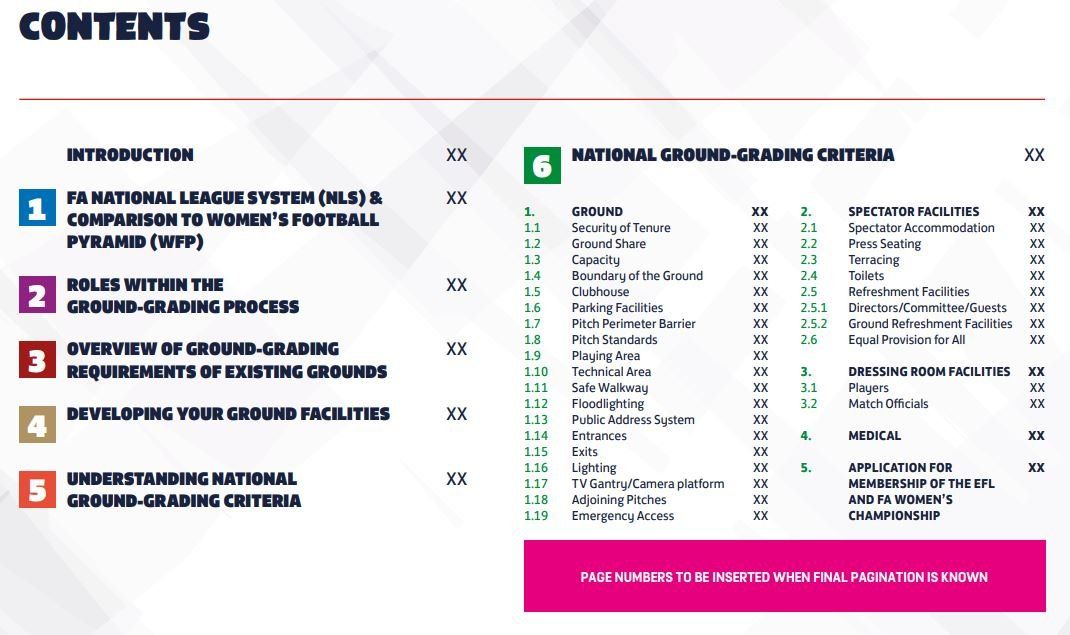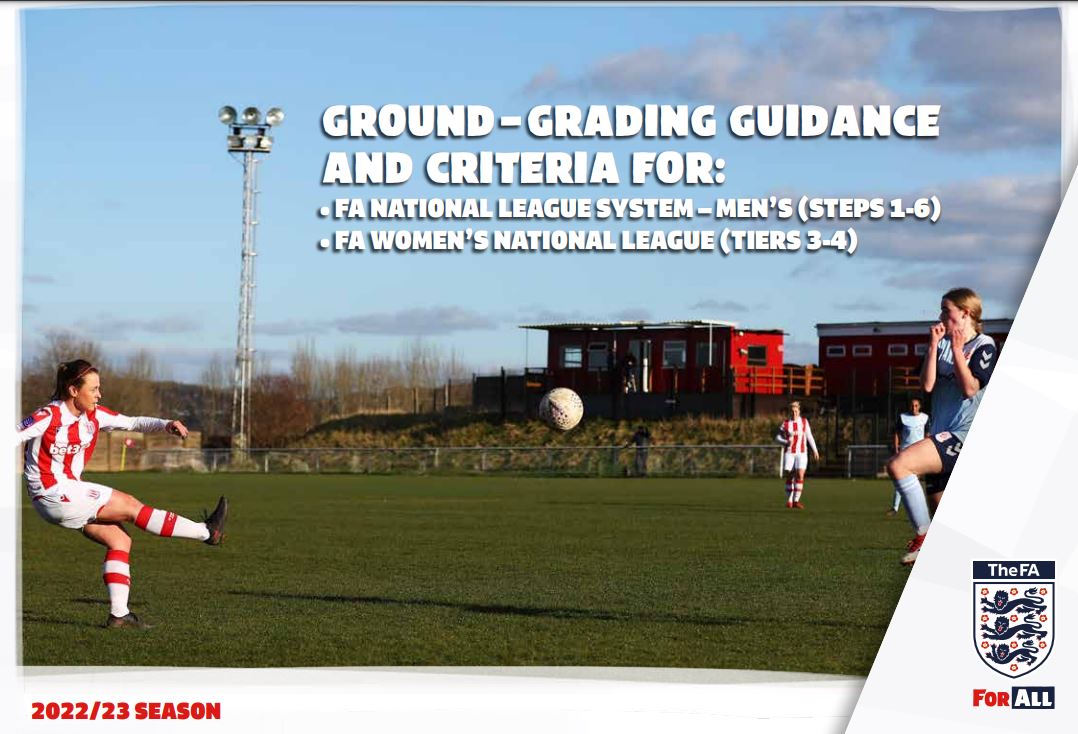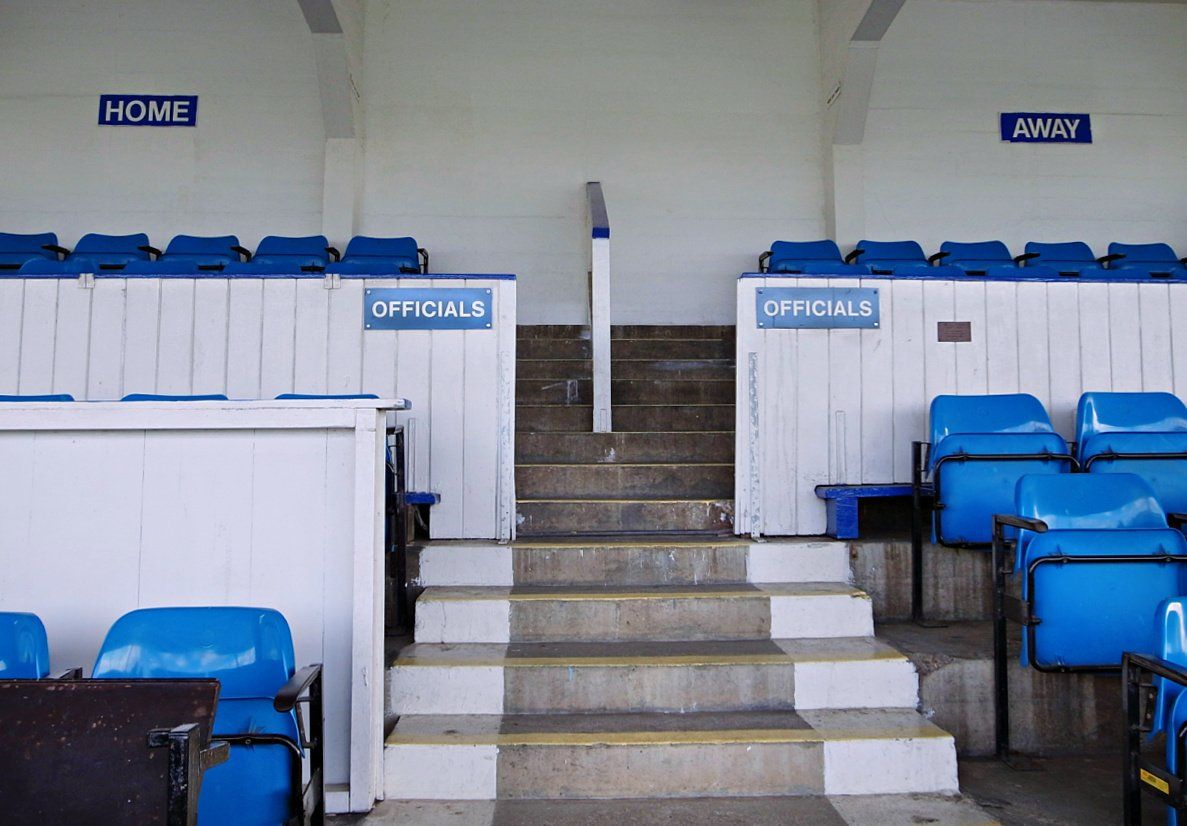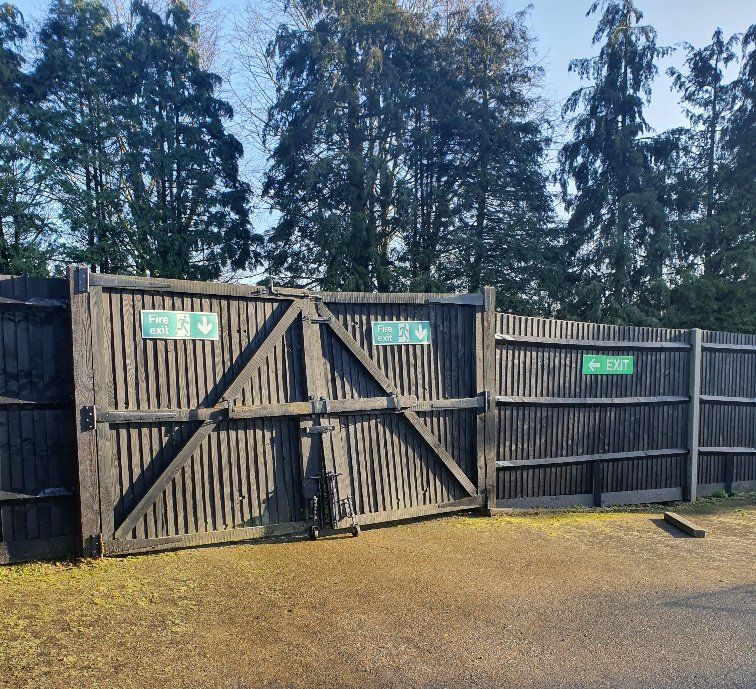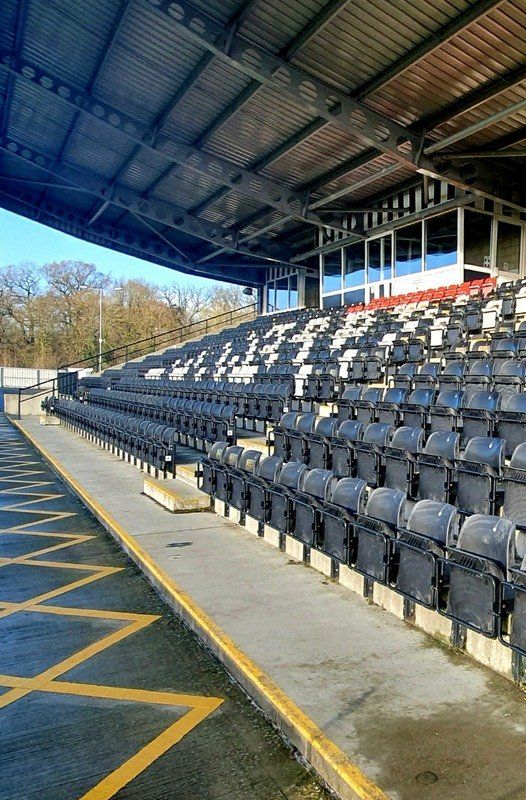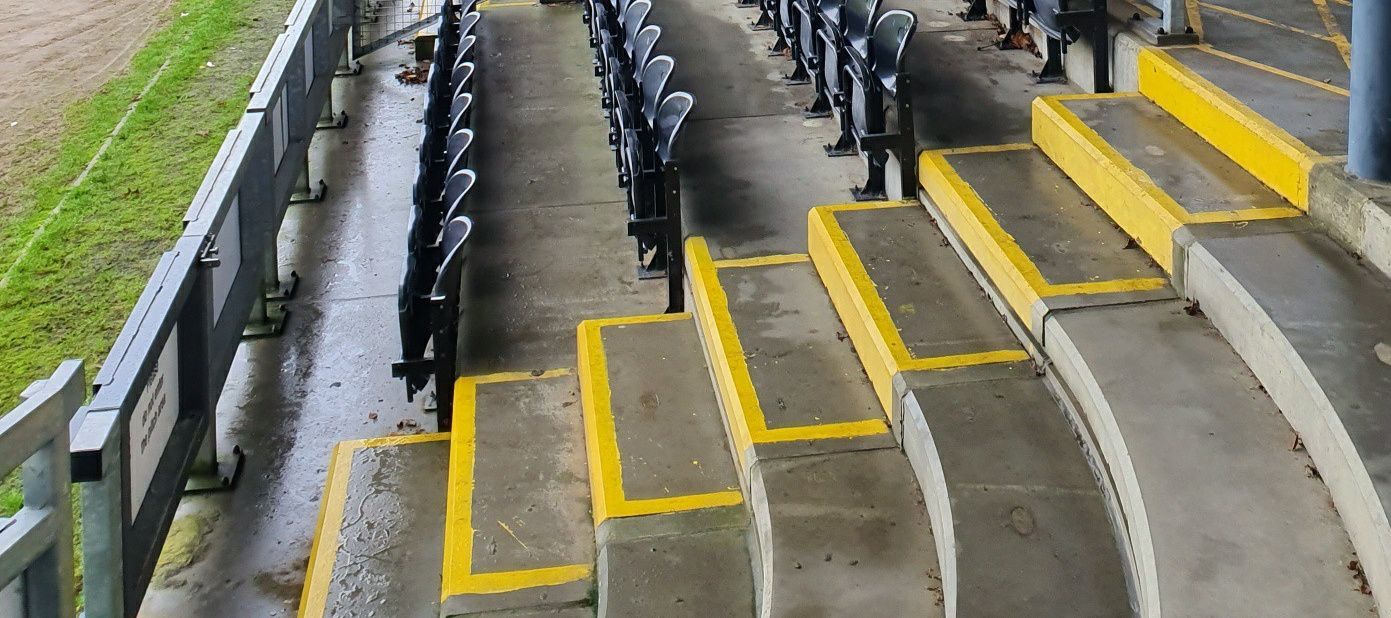groundgrading.uk
stadiumaccreditation.uk
NEWS
APRIL 2025 - THE TERRORISM (PROTECTION OF PREMISES) ACT.
The Terrorism (Protection of Premises) Act 2025, also known as Martyn's Law, achieved Royal assent on the 3rd April 2025. Does this affect your club? Almost certainly the answer to that is, yes. READ MORE
NOVEMBER 2024 - GROUND CAPACITY CERTIFICATES
Under modified Stadium Accreditation regulations, all Step 3 clubs must now have a ground capacity certificate prepared by a competent person (their wording, not mine) by March 31st 2025.
All Step 4 clubs must consider their ground capacity to ensure it is compliant to the Accreditation minimum, with Leagues also asking clubs to provide a capacity certificate.
I can carry out compliant Ground Capacity Certificates for clubs. Price varies depending on the size of the ground and which Step the club are playing at. Please ring or email for a firm quote, plus availability.
* Plus travel expenses. Quote depends on the size of the ground. READ MORE
OCTOBER 2024 - NATIONAL LEAGUE SYSTEM ENTRY
The regional feeder leagues will shortly be sending out application packs for all clubs hoping to make the jump to Step 6 and The National League System, where clubs can at last, apply for meaningful ground development grants from the PLSF/Football Foundation.
If your club is interested in promotion to Step 6, look out for the online application link and information from your regional feeder league.
APRIL 2024 - FIRST IMPRESSIONS
The roll out of the Stadium Power app for Ground Grading across The National League System has finally dropped and here we are just beyond grading deadline day with some time to reflect on the lessons learned from inspecting nearly a thousand grounds since the start of the season.
It's certainly been an ambitious introduction to the new national facilities app that doubles as the stadium accreditation program that in name replaces ground grading. What I am not certain about is why almost every ground in the NLS had to be inspected in such a short time frame of 3 to 4 months? It surely could not be in the name of fairness to all as the app is designed to replicate the requirements of traditional ground grading. In theory the app could have been rolled out over a three year cycle (again replicating the ground grading inspection cycle) and the enormity of the data gathering spread evenly. No club would have had advantage or disadvantage by being in phase 1, 2 or 3. This could have offered more time to get everything right, first time around and avoid the avalanche of workload the truncated route has undoubtedly created.
Notwithstanding the above the mass roll out of the Stadium Power app has been a success in terms of giving it a thorough workout and getting to the heart of what should and should not be a part of it. Crucially, it opens the door for the debate on elements of grading and how to keep it fresh and relevant for the times we live in. Cashless entry for example is becoming more and more prevalent and ground grading needs to reflect this. Turnstiles that are unmanned barcode readers have a throughput must faster than the traditional pay type and so in order to meet the capacity requirements for each Grade do we still need as many turnstiles? It's certainly open for discussion because capacity of a ground hangs on entry, holding and exit calculations.
There are many other examples of how grading/compliance may evolve moving forward as societal changes influence how we go about our day to day business. Football clubs as a business will absolutely keep up with those changes and the administration and compliance of football will undoubtedly have to also. The good news is that the new Stadium Power app is set fair to take advantage of its dynamic and powerful tools to help make this happen.
Anything that we are used to, live with and enjoy moaning at regularly is still incredibly difficult to change, because we are naturally change averse. And whilst ground grading has never been seen by clubs as a friend, the new Stadium Power app should be. It's range of features, once fully available could be a boon to clubs (and Leagues) and make the process of ground compliance much more engaging, self supporting and yes, friendlier.
All that remains is for this app to hone its undoubted power further, for the humans delivering it to be better than it and for clubs to understand that deadlines are deadlines! The first 9 months of Stadium Power will certainly be its most challenging, but despite the ridiculous pressure loaded on it, it has survived and already developed to be faster and better. And it will only get better as the maelstrom withers and we can get back to a proper 3 year cycle for ground inspections.
I'm looking forward to seeing the direction it takes but most of all the debate about compliance that its introduction has already kicked off.
GROUND GRADING - THE OFFICIAL FA HANDBOOK
2022/23 SEASON - Ground Grading is moving. Whilst The FA will be responsible for document content, criteria and appeals, the day to day running of the process is moving to The Football Foundation/Premier League Stadium Fund. Steps 5 & 6 will now come under this centralised control, where previously they had run their own inspection process working to the official FA documents. This led to many grounds at Steps 5 & 6 falling short of the criteria and creating anomalies in the system.
Note - The Grading/Inspections move to the Football Foundation has clearly been a drawn out one and will not now be in place until the start of 2023/24 season.
The process will be similar for all Step 1 through 4 Leagues as it is now, the big difference (apart from those doing the inspections) is that The Foundation are to introduce a facilities App. Inputting the data for every NLS ground will provide The Foundation & FA with a comprehensive grounds database for both the men's and women's game. It is believed that clubs will be encouraged to upload their own data and effectively control their Grading status. Whether that works in reality is going to be interesting to see!
These changes and the need for a national database are a part of the Ground Grading Review conclusions. The conclusions have not been published, but we will see the feed from it during the next few seasons.
By way of some kind of launch for it all, The FA have issued a Ground Grading Handbook to replace the old Grade level individual documents. Some may find this booklet interesting and some may find it confusing, but now one document covers the varying requirements for all Grades. In short, the Grade designations have changed from alphabetical to numeric and the interim Grade on entry to Step 4 has been removed, meaning a bit of a Becher's Brook has now opened up again for required facilities in the first year of promotion to Step 4.
This is unhelpful to clubs who will have less time to be compliant (time frame effectively halved) for a host of additional facilities that are required at Step 4, including the larger dressing room sizes. The answer is perhaps to let any ambitious Step 5 club tap into an amount of Step 4 grant monies in order to be ahead of the game and ease infrastructure costs over a period of time. This would allow for better financial management, better projects, planned better and clubs getting their facilities up to speed before unleashing promotion on their budget. The Foundation though have shown a preference for existing protocol over forward ground management.
Amendments and corrections to the new booklet will be available for the 2023/24 season. Until then double check your requirements with your League Development Officer.
